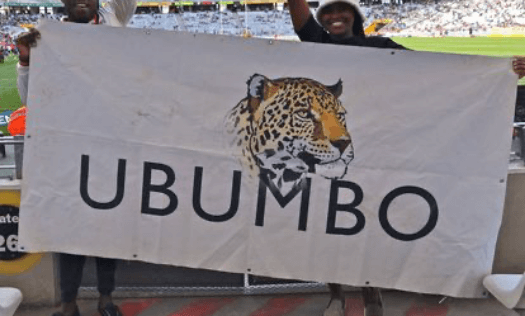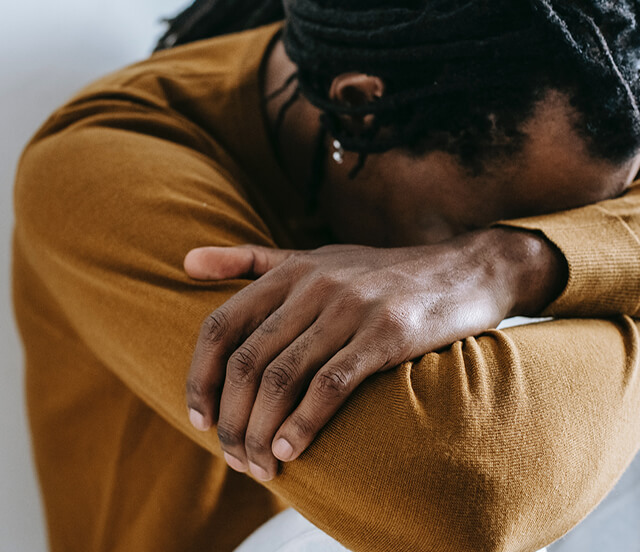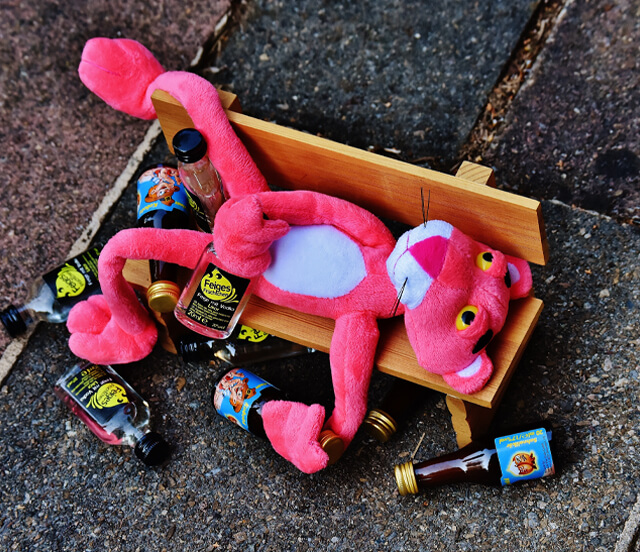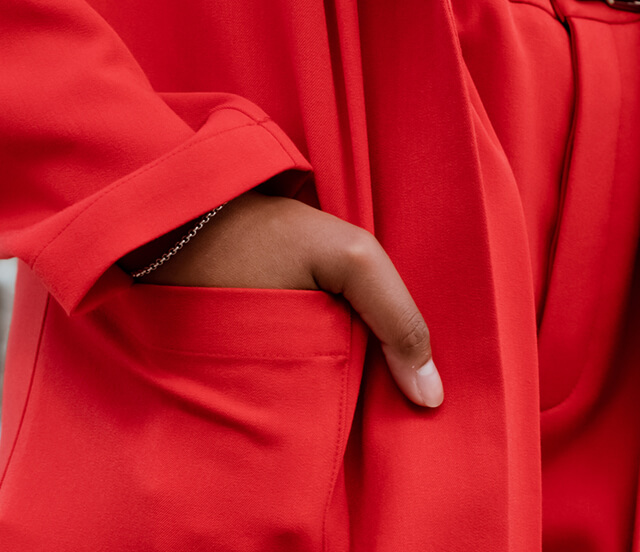by Thembelani Mayosi
The task of writing about the history of black[1] rugby is a complex one, made light only by the need to give it more exposure than it has received over the years and so in this article, I seek to merely introduce the readers, to the origins of black rugby[2] in the country and in doing so provide a space for a deeper discussion of all facets of black rugby which for a long time have been ignored by the mainstream rugby media.
So going back roughly 150 years around the mid 1870’s, rugby union matches were already a feature in the Cape Colony which soon led to the formation of various rugby clubs,[3] which were at the time exclusively white as the laws and social mores of the time did not allow racial mixing especially in pursuits where participants would be perceived as equal despite their race.
Soon thereafter the oldest union, the Western Province Rugby Union was formed, also exclusively white with blacks who had taken to rugby being left on the periphery of the white rugby establishment, a position which is still held today albeit in a different guise and to a lesser extent.
This state of affairs led to the formation of the first recognised structure for black rugby in 1886 with the formation of the Western Province Coloured Rugby Football Union. The formation of the WPCRFU created a space for the original black rugby clubs in the Cape Town area and somewhat of a blueprint for black rugby in general. The Cities and Suburban’s Union soon followed and was established in 1898 and so it’s self-evident that structured black rugby was, alive and well in the urban Cape areas in the late 1900s. In 1897 the South African Coloured Rugby Football Board (SACRFB) was formed and for some time governed all black rugby in the country.
Contemporaneously, the introduction of rugby at mission schools and tertiary institutions in the Eastern Cape was seamless and young men left out of the white structures of rugby as well, soon created their own rugby clubs and unions particularly in Port Elizabeth, Grahamstown and East London. A prime example was Stephan Katta who in 1887 was key in forming the Union RFC which still exists today. Winter Rose RFC[4] followed in 1890. Thereafter the Lilywhites RFC, Swallows RFC and so forth.
The movement of labour as a result of the rush for mineral wealth at the time and availability of jobs meant that young black men imported the game to the North to the then Transvaal and formed clubs and played there as well. By the early 20th century, there were thriving black rugby communities all over the country.
During this time of expansion, the white rugby establishment had an exclusive inter-provincial competition, the Currie Cup and so the next step for black rugby was to establish their own inter-provincial competition similar to the Currie Cup, which led to a request to Cecil John Rhodes, for a cup to rival that of the Sir Donald Currie Cup in 1897. This led to the creation of an inter-provincial trophy that black teams would compete for, initially known as the Rhodes Cup[5] and later became known as the South Africa Cup.
The then Rhodes Cup showed if anything, clear proof that black rugby was established nationally. The notion that black rugby was only played in pockets of the Cape province only served a particular narrative popular in denying the pedigree and quality of past, current players, coaches and administrators in rugby.
The history of rugby in the black community is diverse and there are a litany of stories which must be told and recorded in full, for starters we must acknowledge that black women participated in rugby as well for well over 70 years, probably more. I came across a picture of the 1951 Lily whites RFC which had a ladies section in 1951 and I am sure they did not play amongst themselves and that other black clubs existed. It is clearly evident that black women played rugby in the 1950s.
Or how was it that the late Steve Tshwete who was the founding president of the Robben Island Rugby Board and that our erstwhile politicians/leaders loved and played the game or even the fact that in prison there was a structured format of teams and matches which helped create an escape in those dire conditions of the Island.
Or that Steve Biko’s older brother Khaya Biko, who was also was politically active, started a rugby club called Sea Lions, which later morphed into the Star of Hope rugby club in King Williams Town and like so many other sporting clubs were used to recruit members for the underground movements.
There are also countless stories of amazing feats of courage or skill at Heritage tournaments or Easter tournaments countrywide, only those who participated in black rugby would be aware of these and countless other memories.
It is therefore quite strange or not so strange, that in this day and age, there is an ignorance about the heritage of black rugby and this starts from the conscious or sub-conscious refusal of the mainstream media and rugby establishment to recognise black rugby and its significance to black people who played the game and those who still play it. Admittedly the records of a lot of historically black clubs were, for a variety of reasons poorly kept and some lost forever.[6]
Victor Hugo, a French poet once said: “When a man is out of sight, it is not too long before he is out of mind”.
“When a man is out of sight, it is not too long before he is out of mind”.
Victor Hugo
These words capture the effect of the then colonial and apartheid system which placed black rugby, out of sight and therefore out of mind. By preventing competition between the races back in the 1900’s South African rugby lost out on untold riches in talent and skill.
Andre Odendaal in the book “Beyond the Tryline: Rugby and South African Society” writes “Above all, sports apartheid was tragic in its denial of human dignity and its enforced waste of human talent and possibilities…” and that
“… the time has come to bury the myth that current inequalities in rugby evolved naturally; that they existed because black South African were not interested in the game or were not suited to it, psychologically, emotionally and physically. This underlying assumption, which still, directly and indirectly, permeates the game, despite rugby “unity” and the achievement of political democracy, is one of the main reasons for the muddled arrogance and unhappiness that has characterised South African rugby in recent years. The fact that it is still articulated with such smugness is an example of deep-seated and enduring racism in South African sport and society. For the future of the game, racism in its overt, as well as hidden forms, needs to be addressed at the highest levels of rugby administration… Contrary to general knowledge, black South Africans had a long, and indeed a remarkable, rugby and sporting history”
The nub of it all is that it is up to us to right the wrongs of the past. The history of black rugby must be placed back in plain sight so that the players, administrators and coaches will be able to proudly refer back to their history and claim the space of rugby as theirs and not as a foreign sport that they have only come to know in the last 25 years.
Most importantly the mainstream media and establishment needs to accept the fact of black rugby’s history and represent an accurate view of the past thereby informing the ignorant of the exploits and talent which black rugby players, coaches and administrators can and do bring to the table as a result of a rich history in the game.
[1] Referring to people of African, Coloured, Cape Malay and Indian heritage.
[2] Black because the colonial government at the time and subsequently the apartheid government separated the sports on the base of race and so sport reflected the state of play in society.
[3] Initially Hamilton’s RFC and Villagers RFC.
[4] “The founders of Winter Rose included Fana “Bush” Manana and Reverend Walter Tsotsobe, who later become legends in rugby circles. Manana took rugby further into the northern parts of the country. A resident of Johannesburg by 1924, Manana formed the Occidental Rugby Football Club (renamed Olympics Rugby Football Club in 1927) at Orlando East and was elected President of the Transvaal Bantu Rugby Union in 1936.”
[5] “The decision to discontinue the Cup competition in 1969 and again after 1980 was based on a rejection of the political legacy of Rhodes and it was replaced by the South Africa Cup in 1971.”
[6] SARU seems to have a project underway at its museum to catalogue the history of black rugby and this will hopefully go a long way to placing black rugby in its rightful place at the table along with its white counterpart.






